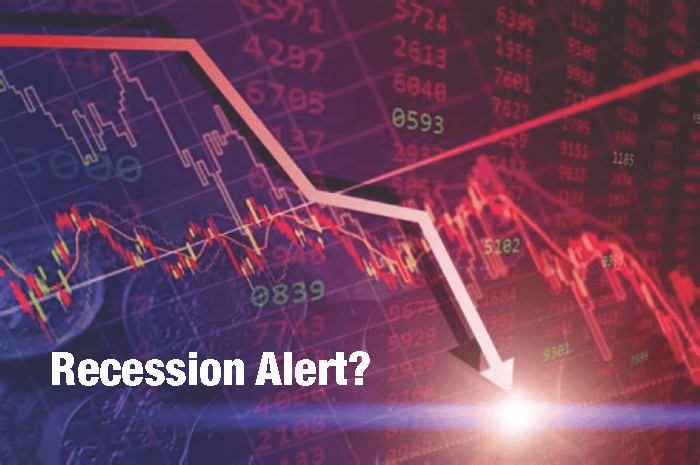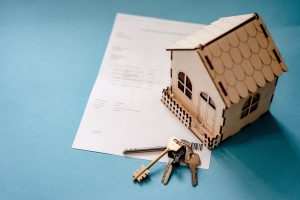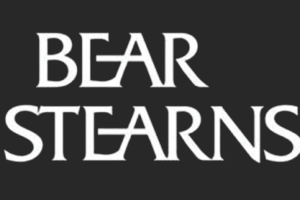More consumers are falling behind on bills, a concerning recession indicator. As household budgets strain, past-due payments could foreshadow further economic weakness.
Data shows delinquencies rising across auto loans, mortgages, credit cards and rents. The ability to stay current on obligations is slipping for many.
With inflation outpacing wage gains, shoppers are leaning on savings and credit to maintain previous spending levels. But buffers continue dwindling.
Reduced pandemic-era fiscal support has also left overextended households more vulnerable. Interest rate hikes further pinch disposable income.
Late bill payments tend to signal looming defaults and demand declines. During recessions, stretched consumers pull back on discretionary purchases to focus on essentials.
While job markets remain resilient for now, growing financial burdens point to weakening fundamentals. The rising strains suggest the economy stands on shakier ground.
Recessions often start before mass layoffs occur. First, spending and confidence steadily erode. Deteriorating credit conditions now indicate such a drift may be underway.
The risks of a downturn intensify as consumers struggle with monthly costs. Their waning financial health bears close attention in months ahead.






Add Comment